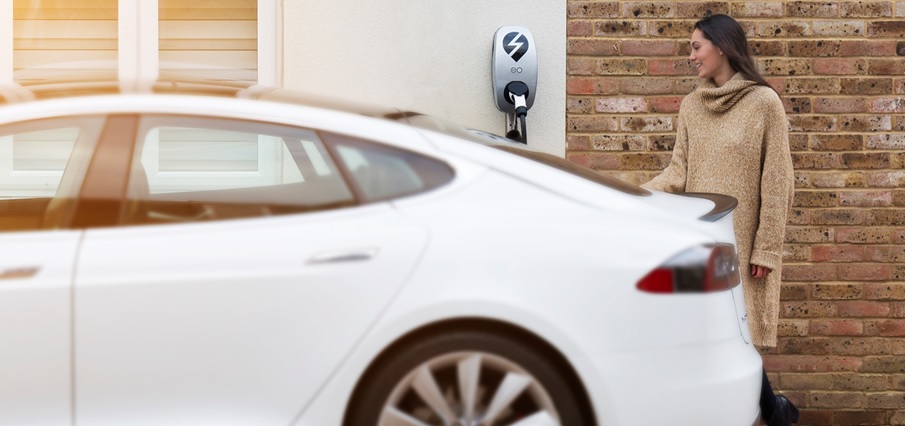Will 2019 be the year that Electric Vehicles finally take off in Australia?

WIll we finally see a tipping point in the electric vehicle market in Australia this year?
2018 saw some good support for Electric vehicles continue to grow, with more and more publicity and awareness helping to stimulate investment in public charging infrastructure across local councils, state government and private organizations. The records will likely show that electric car sales in Australia were largely in line with previous years, with the total number of electric vehicles creeping up closer to the 10,000 mark, although still remain only a tiny segment of the overall automotive market. So will 2019 be the year where the tide turns for electric vehicles and will the growth of electric car charging stations in Australia continue?
The team at EVSE Australia sees 2019 as a turning point for Electric vehicles in Australia, thanks to the following tailwinds:
1) More Electric Vehicles coming to market
2019 is set to be an exciting year for electric vehicles in Australia with over 20 electric vehicles available in our market thanks to a mix of battery electric vehicles (BEVs) and plug-in hybrid electric vehicles (PHEVs). The Hyundai Ioniq is already seeing stock unable to keep up with demand, with early sales showing that the BEV version the most popular model of the three. In addition the Hyundai Kona, due late in 2019, will see 350km of EV range at an affordable price point. In addition we expect to see the Next Generation Nissan Leaf arrive in our market next year, which will help stimulate further demand and hopefully with increased competition Renault sharpens the pencil on the ZOE Z.E electric. If we are lucky early deliveries of the Tesla Model 3 might also start dropping towards the end of 2019. All of this points to a wider market for electric vehicles and greater sales.
2) Increased charging infrastructure
We will continue to see further investment by both private and government organizations in public charging infrastructure to help support electric cars in Australia. Given most EV charging occurs at home using a residential electric car charging station, this will still remain as the predominant charging method, but public charging will open up longer distance journeys as well as assist in longer road trips. Workplace charging will begin to take off as more and more companies and workplaces recognize the benefit of providing electric vehicle charging given vehicles are parked at work for extended periods of time, as well as the increased demand with fleet vehicles transitioning to electric.
3) Increasing Electric vehicle range
The first generation of electric cars that came to Australia had impractical ranges of around the 150km, which was not simply enough for most people to live with. The new generation electric cars are coming to market with ranges of at least 250km, which is more than enough given the average person drivers around 60km a day. Factor in a more competitive starting price point of around the $40,000 mark, and you begin to see the three most common arguments against the transition to electric vehicles begin to melt away.
4) Government Support
Although government support at a federal level is sorely lacking for electric vehicles in Australia compared to the rest of the world where ambitious targets to electrify the countries fleets have been made, we hold out hope that with a possible change of government policy on electric cars in Australia will become clearer. At a state and local level, we are seeing more interest and investment which will also help to drive ev uptake in the coming year. Just this week we saw the NSW government come out with their EV policy agenda, which is a brilliant start. A strong federal position could result in serious momentum, but we wait to see in what form this will eventuate. EV Charging is identified as priority focus as part of NSW commitment to net zero emissions.
Given the above points, the building excitement and awareness and the possibility of federal government policy, the EVSE Australia team see 2018 as a turning point for Electric Cars in Australia and Electric car charging stations.


